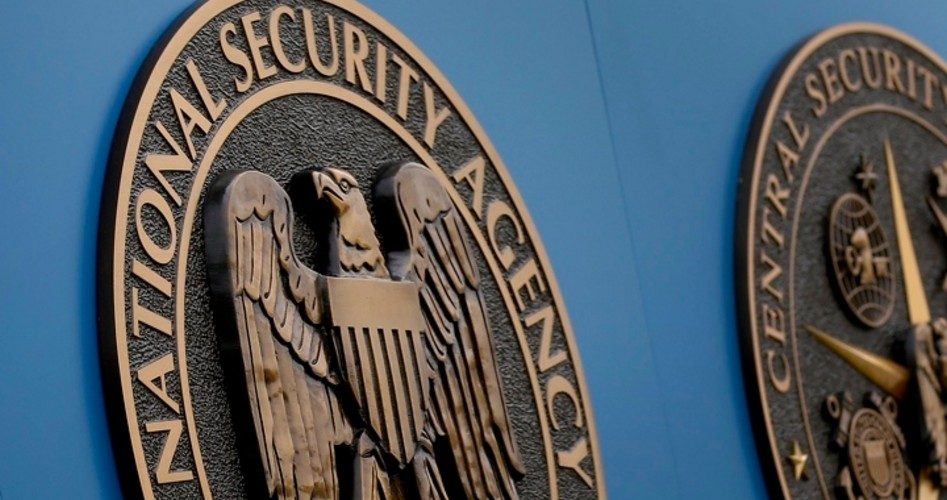
“We were a clear demonstration that official channels didn’t work,” said William Binney, one of a trio of National Security Agency employees who tired to “blow the whistle” on the NSA’s domestic surveillance activities more than a decade before Edward Snowden delivered classified documents from the agency’s files to The Guardian. Binney, now retired, resigned from the NSA in 2001. A year later he and two of his former colleagues asked Congress and the Department of Defense for an investigation of the agency for wasting money and violating privacy rights with a massive data collection program called “Trailblazer,” the successor to an earlier program dubbed “Stellar Wind.” Binney believes that’s the reason why the FBI five years later staged an armed raid of his home.
“Stellar Wind was the basic reason I left the NSA in 2001,” Binney said in a recent interview with Nick Gillespie of Reason magazine. “That’s when they started to take the program that I created to do social network reconstruction of anybody in the world, and direct it against everybody in the United States. That means they were basically putting a PEN register on every phone number in the United States. They call it trace-and-tap, where they put this device on your line and I can monitor who you call, how long you call them.”
The Internet made it possible for the agency to expand the volume of data it collected and stored. “Trailblazer was the NSA’s attempt to catch up with the digital age. The problem is, Trailblazer didn’t do anything. As far as I know, it didn’t produce anything for roughly a little over $4 billion,” said Binney, describing the program with a “needle in the haystack” analogy. “If you’re looking for that needle, it doesn’t help at all to make the haystack orders of magnitude bigger. It only makes the problem orders of magnitude harder to find it. And that’s why they’re fundamentally failing. They’re causing themselves to become dysfunctional.”
In December 2005, the New York Times published a front-page story about a warrantless eavesdropping program being run by the NSA, and Binney was among those who came under suspicion of leaking the information. He was investigated three times by the FBI and cleared of wrongdoing, but in 2007 the FBI raided his home.
“They came up and pointed guns at my family and me as I was getting out of the shower,” he told Reason. “I just asked them if I could put some clothes on. And they went through and searched everything and took my computer,” said Binney, who was running a consulting business at the time. The raid destroyed the business, he said.
“The whole idea was retribution for our complaint against the NSA for corruption, fraud, waste, and abuse. That was the reason they raided us. Everybody who signed that complaint was raided. That was Ed Loomis, Kirk Wiebe, myself, and also Diane Roark, who was the senior staffer on the House Intelligence Committee,” Binney said. “We were all raided at the same time because of that, and they used the pretext of the New York Times’ leak of the warrantless wiretapping.” The real reason was to intimidate them and other potential whistleblowers, he said.
“That’s the reason I’ve been coming out publicly — because where I see it going is toward a totalitarian state. I mean you’ve got the NSA doing all this collection of material on all of its citizens. That’s what the SS, the Gestapo, the Stasi, the KGB, and the NKVD did. These are the people I worked for for 30 years.”
So when John Kerry says Edward Snowden is a traitor and that a patriot “should stay in the United States and make his case,” he might consider what happened to Binney and the others who tried to make their case against the NSA.
“We were a clear demonstration that official channels didn’t work. They just simply don’t work.”
Photo: AP Images



